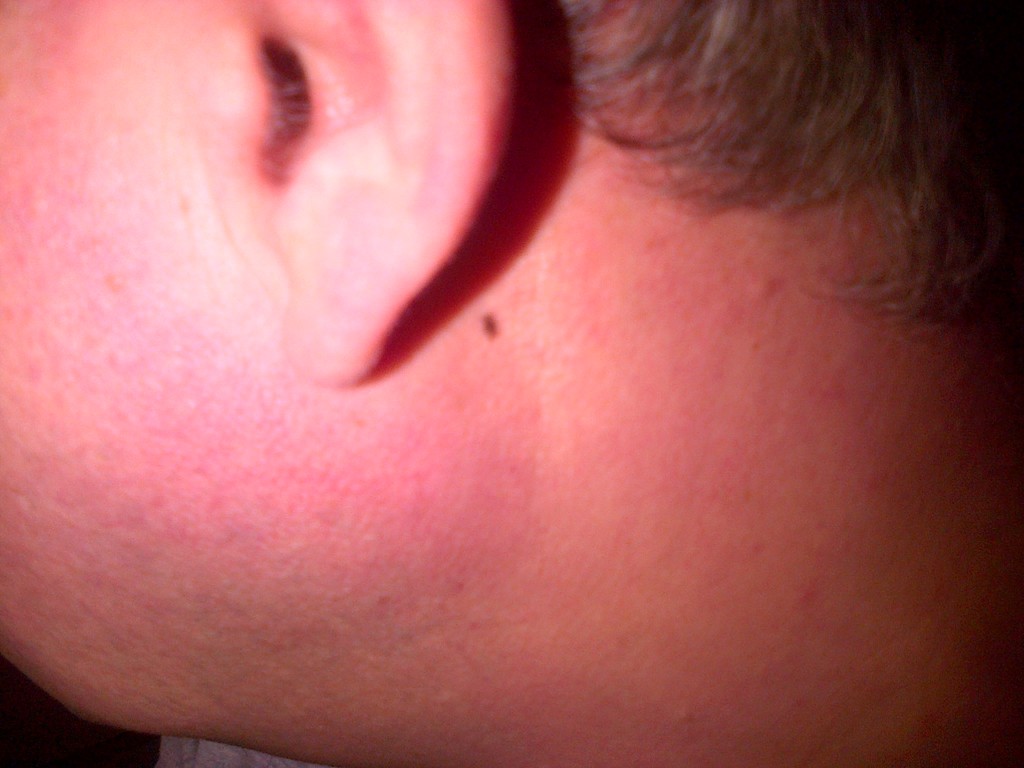An acoustic neuroma is a benign (non-cancerous) growth, or tumour, in the brain. It’s also known as a vestibular schwannoma.
An acoustic neuroma grows on the vestibulocochlear nerve, which helps control hearing and balance. This nerve runs alongside the facial nerve, which carries information from the brain to the face muscles.
The symptoms of an acoustic neuroma tend to develop gradually and can vary in severity. This can make the condition difficult to diagnose (see below).
A small acoustic neuroma can lead to problems with:
- hearing – causing hearing loss or tinnitus (a noise perceived inside the ear but with no outside source)
- balance – causing vertigo (the sensation that you’re spinning)
- headaches with blurred vision
- numbness or pain on one side of the face
- problems with limb co-ordination on one side of the body
A large acoustic neuroma can cause a number of symptoms, including:
Occasionally, large neuromas can also result in muscle weakness on one side of the face. In rare cases, it may also cause changes to the voice or difficulty swallowing (dysphagia).
What causes an acoustic neuroma?
The cause of most acoustic neuromas is unknown, but a small number of cases (about 5%) are caused by a rare, inherited condition called neurofibromatosis type 2.
Acoustic neuromas grow from the cells that cover the vestibulocochlear nerve, called Schwann cells.
Read more about the causes of an acoustic neuroma.
Diagnosing an acoustic neuroma
If your GP thinks you have an acoustic neuroma, you’ll be referred to hospital for tests.
The three types of test you may have are:
Read more about how an acoustic neuroma is diagnosed.
Treating an acoustic neuroma
Acoustic neuromas tend to grow slowly and don’t spread to other parts of the brain.
They can be so small and grow so slowly that they may not cause any symptoms or problems. In such cases, the acoustic neuroma may just be monitored to avoid risks associated with surgery.
In rare cases, the tumour can grow large enough to press on the brain. However, most acoustic neuromas can be treated before they reach this stage, either with surgery to remove the tumour or radiotherapy to destroy it.
Read more about treating an acoustic neuroma.
Complications of an acoustic neuroma
Acoustic neuromas aren’t usually life-threatening but the symptoms can be disruptive. For example, the loss of hearing may affect your ability to communicate with others.
Speak to your GP or specialist if you feel the symptoms are having an impact on your day-to-day life. There may be ways of easing your symptoms, such as using a hearing aid or taking painkilling medication.
Read more about complications of an acoustic neuroma.
